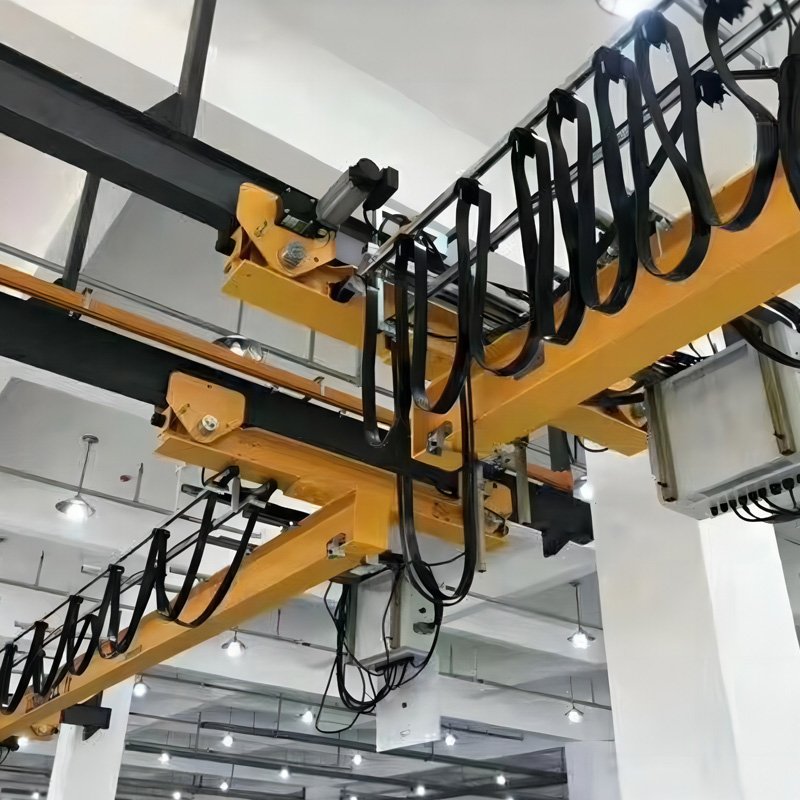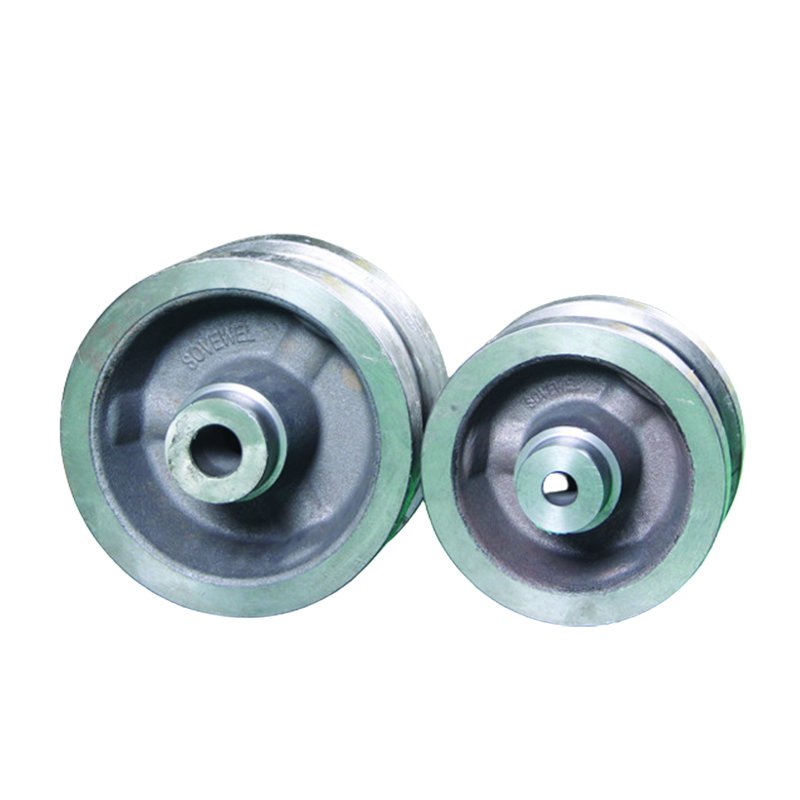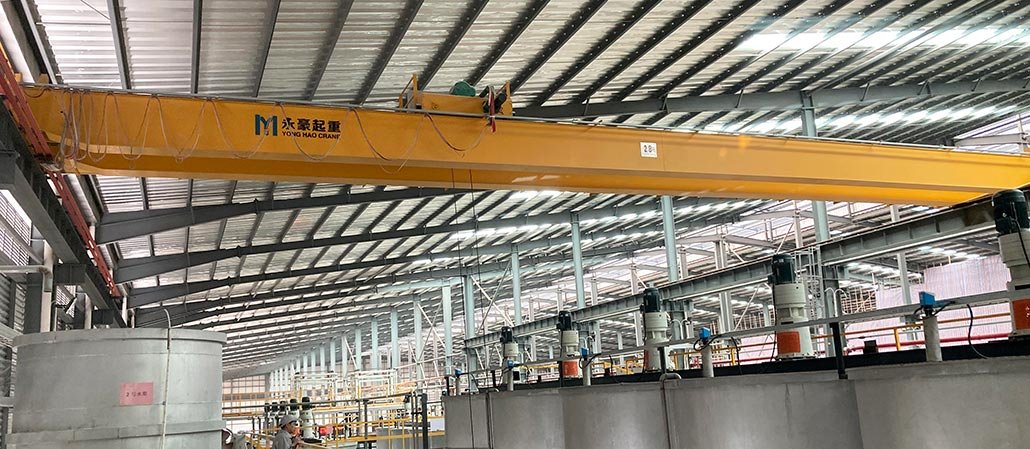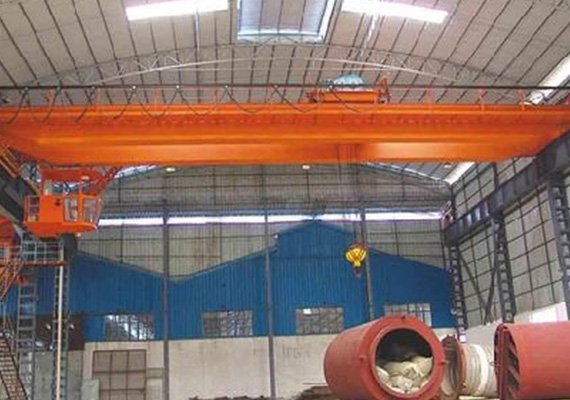Selecting the right crane for building construction is a crucial decision that can significantly impact the efficiency, safety, and overall success of your project. Whether you are constructing a small residential building or a large industrial complex, choosing the right crane ensures that heavy lifting tasks are carried out safely and efficiently. In this article, we will walk you through the key factors you need to consider when choosing a crane for building construction and introduce you to the most commonly used crane types and their applications.
Key Factors to Consider When Choosing a Crane for Building Construction
A. Project Size and Requirements
When selecting a crane, the size and scope of your construction project play an essential role. Larger construction sites with extensive structural work, such as high-rise buildings, require cranes that can handle heavy loads and lift materials to great heights. Conversely, smaller-scale projects like residential construction or renovations may benefit from cranes that are more compact and portable.
- For Small Projects: Portable cranes and workstation cranes are perfect for small, short-term construction sites due to their mobility, ease of setup, and ability to work in limited spaces.
- For Large Projects: Tower cranes and gantry cranes are better suited for large construction sites, offering higher load capacities and the ability to lift heavy materials to significant heights.
B. Load Capacity and Lifting Height
Load capacity and lifting height are two of the most crucial specifications to consider when selecting a crane. The crane must be able to handle the weight of the materials and lift them to the necessary height.
- Heavy Loads and High Heights: For projects requiring lifting of heavy materials, gantry cranes and tower cranes are the best options. These cranes offer great stability, high load capacity, and can easily lift materials to substantial heights.
- Lighter Loads and Lower Heights: For smaller lifting tasks, electric chain hoist cranes or JIB cranes may be more suitable. These cranes are highly efficient for moderate loads and lower lifting heights.
C. Terrain and Environmental Conditions
The terrain and environmental conditions of your construction site will significantly impact the crane you choose. If the site has uneven or rough terrain, it’s essential to choose a crane that can handle those challenges.
- Uneven Ground: Cranes like crawler cranes or gantry cranes provide enhanced stability and are designed for construction sites with challenging terrain. They can operate efficiently even on sloped or uneven ground.
- Flat Terrain: For flat or smoother sites, cranes like mobile cranes or truck-mounted cranes can be ideal as they offer greater mobility and flexibility.
Common Crane Types and Their Applications
A. Tower Cranes
Tower cranes are commonly used for high-rise construction due to their ability to lift heavy loads to great heights. They are often found on construction sites where space is limited, and the crane needs to operate in a confined area.
- Ideal For: High-rise buildings, skyscrapers, and complex urban projects.
- Key Benefits: High lifting capacity, large reach, perfect for confined spaces in urban areas.
- Typical Use: Large residential or commercial buildings, multi-story structures.
B. Gantry Cranes
Gantry cranes are ideal for heavy-duty lifting tasks that require large spans. These cranes can lift materials over long distances and are well-suited for outdoor construction sites. They are often used for projects that involve large machinery or significant structural components.
- Ideal For: Heavy-duty lifting, large construction sites, and industrial projects.
- Key Benefits: High stability, large load capacity, adaptable to uneven terrain.
- Typical Use: Large construction sites, industrial sites, bridge construction, and warehouse operations.

C. Portable Cranes
For smaller construction sites or temporary installations, portable cranes are the best option. These cranes weigh little, are easy to transport, and offer flexibility for quick relocation from one site to another. Their mobility makes them ideal for short-term projects.
- Ideal For: Small-scale projects, residential construction, and temporary installations.
- Key Benefits: Easy setup, mobility, cost-effective for short-term projects.
- Typical Use: Small residential and commercial projects, maintenance, and temporary installations.
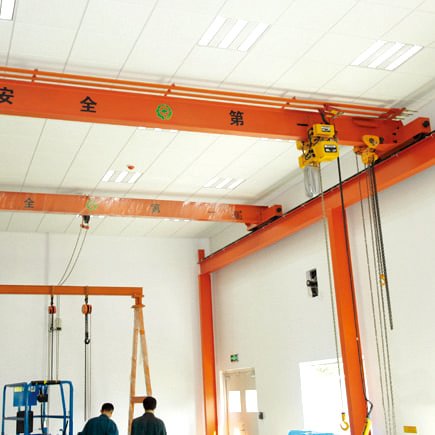
D. JIB Cranes
JIB cranes are highly versatile and can be used in confined spaces where other cranes cannot operate. They commonly lift materials in a precise, controlled manner in workshops and factories.
- Ideal For: Tight spaces, precision lifting, and small construction sites.
- Key Benefits: Compact design, ease of operation, high precision.
- Typical Use: Workshops, garages, small construction projects.

Other Key Considerations When Choosing a Crane for Building Construction
A. Safety and Compliance
Safety is always a top priority on construction sites. Make sure that the crane you select complies with local safety standards and regulations. Include features like overload protection, limit switches, and stability controls to ensure the crane operates safely under various conditions.
- Compliance: Ensure the crane adheres to relevant local safety standards and is regularly inspected.
- Safety Features: Look for cranes with built-in safety features, such as overload protection and automatic shutoff mechanisms.
B. Operating Costs and Efficiency
The operating costs of a crane can vary significantly depending on the type and model. Fuel efficiency, maintenance requirements, and repair costs should all be factored in when making a decision.
- Fuel Efficiency: Cranes like electric chain hoist cranes offer great energy efficiency, which can help reduce long-term operational costs.
- Maintenance: Choose a crane with low maintenance needs and easy access to spare parts to minimize downtime.
C. Supplier and After-Sales Service
A reliable crane supplier can make a big difference. Look for a supplier that offers excellent after-sales support, including maintenance services, spare parts availability, and technical support. A good supplier will ensure that your crane operates efficiently throughout its lifespan.
Related article: Overhead Crane Repair Services: How to Choose the Right Supplier
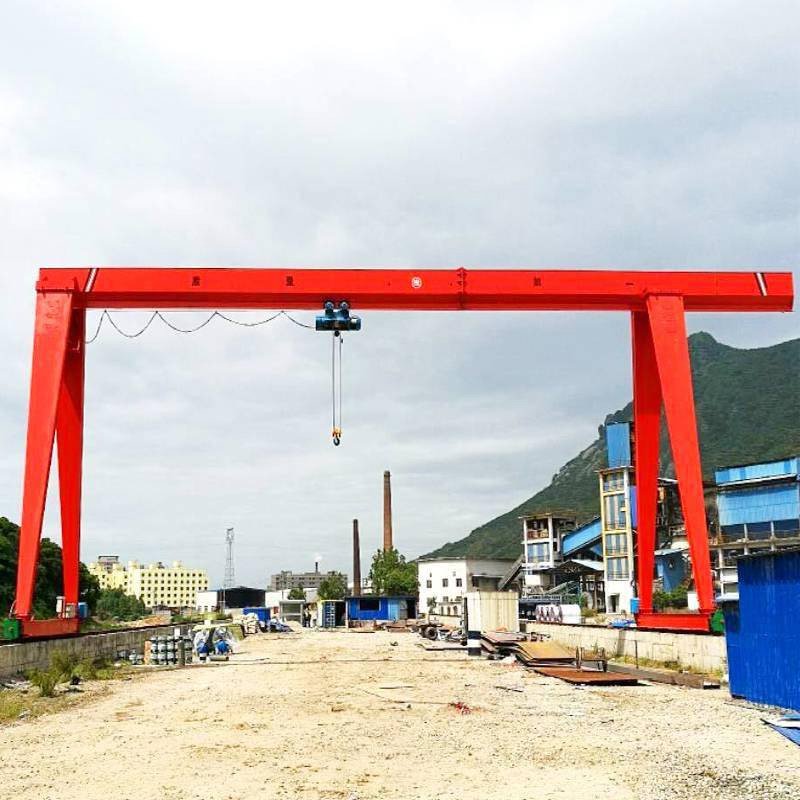
Conclusion
Selecting the right crane for your construction project is crucial to ensuring efficiency and safety. By evaluating factors such as project size, load capacity, terrain, and crane type, you can make an informed choice. Whether it’s a tower crane for high-rise buildings or a portable crane for smaller tasks, the right equipment will optimize your project’s success.
Contact yonghaoqizhong@163.com for expert guidance and high-quality cranes tailored to your construction needs.


